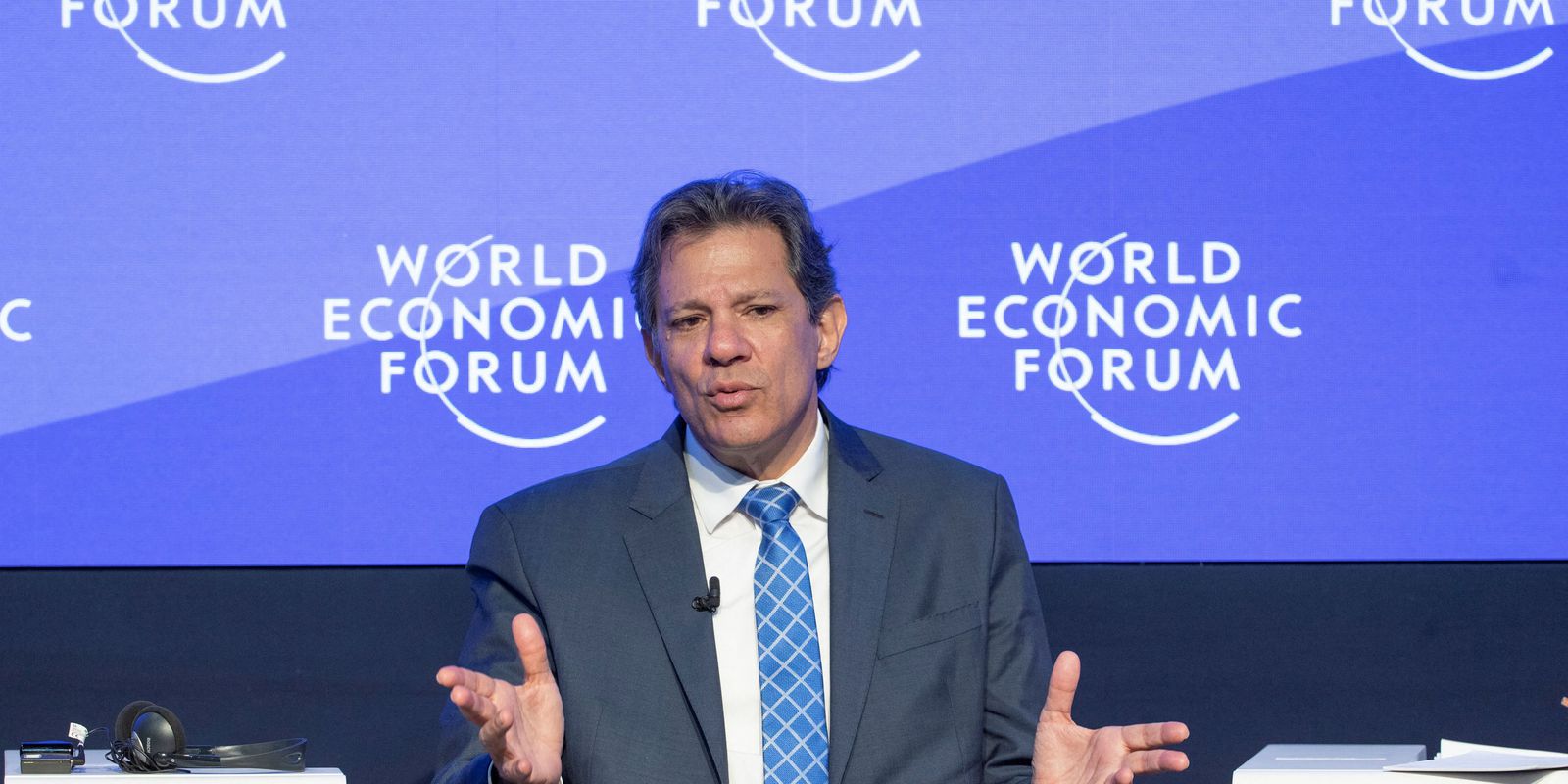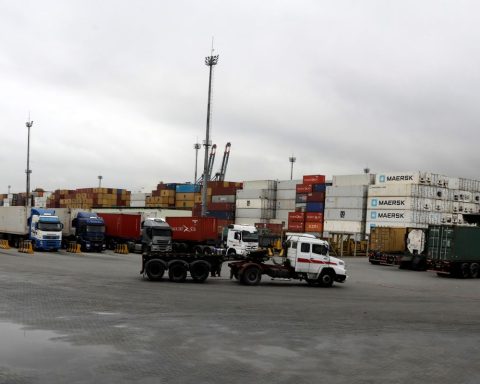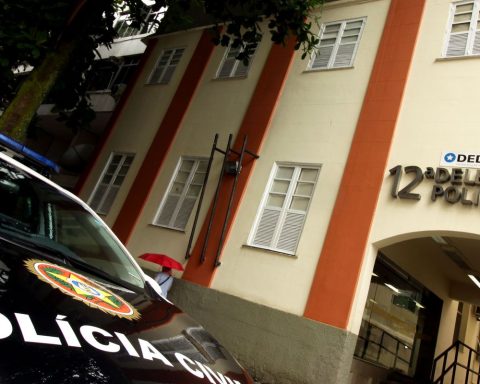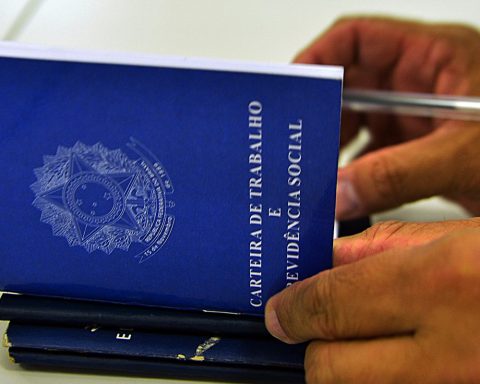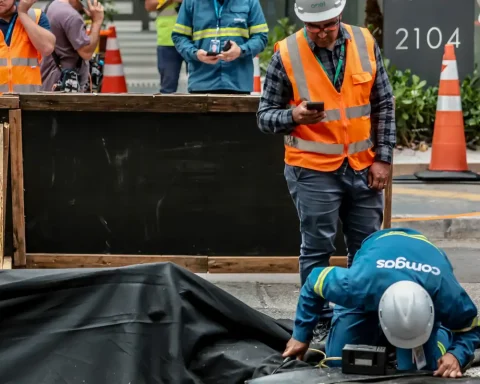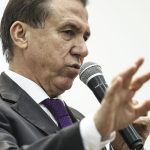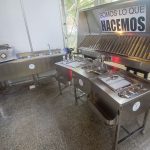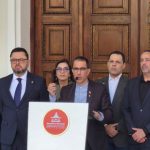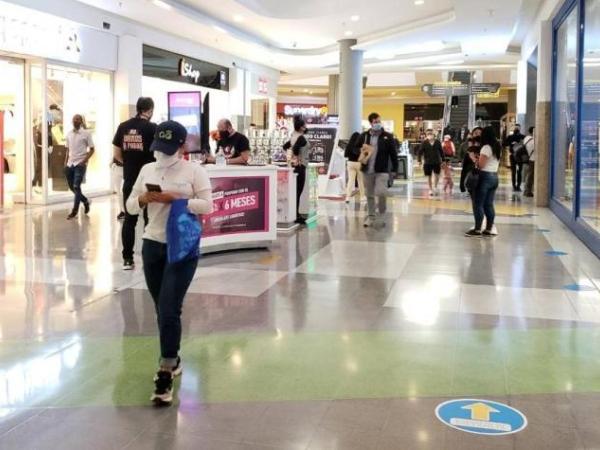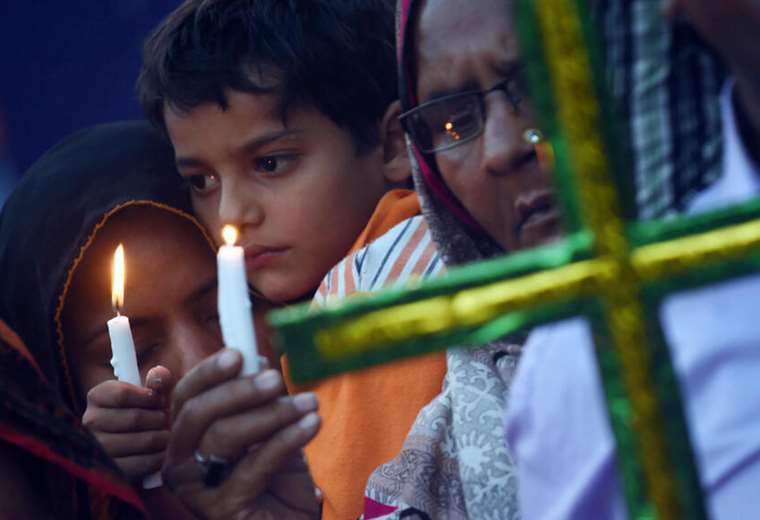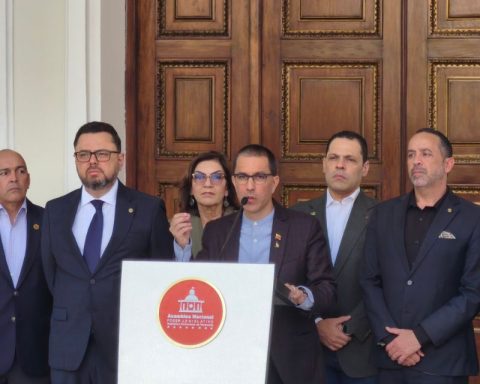The Minister of Finance, Fernando Haddad, said today (17th) that the government wants to vote in the second half of the year on the proposed tax reform focused on income. The part focused on the impacts on consumption should be voted on in the first half. Haddad provided the information while participating in the World Economic Forum, in Davos, Switzerland, alongside the Minister of the Environment and Climate Change, Marina Silva, at the table Brazil: A New Roadmap.
“The tax reform that we want to vote on in the first semester is the consumption tax. But, in the second semester, we want to vote on a tax reform on income to relieve the poorest strata of the tax and to burden those who do not pay tax. We are going to rebalance the Brazilian tax system to improve income distribution in Brazil,” said the minister.
The correction of the Income Tax (IR) table is one of the central points in the new government’s economic agenda and was campaign promise from Lula. The idea is to expand the income tax exemption range for those earning up to R$ 5,000. Currently, the limit is R$ 1,903.98. The value has not been updated since 2015.
During the panel, Haddad said that the idea is to build a consensual text, using the two proposed amendments to the Constitution (PEC) that are being processed in the National Congress, one in the Chamber of Deputies and the other in the Senate, and that have been debated by the parliamentarians. The proposals are based on ideas prepared by the Special Secretary for Tax Reform, bernard appy.
As for consumption, Haddad had already stated, in Davos, that the government decided leave out of the package the recomposition of the original rates of the Tax on Industrialized Products (IPI) of some sectors.
“There is a discussion that has already taken place, there is a lot of debate that has already taken place, two proposals that are drawing the attention of parliamentarians, and we understand that the path is to reach a consensus text. And, if it depends on the government, we will vote on the tax reform in the first half, ”he added.
The minister also said that if federal revenues and expenditures return to pre-covid-19 pandemic levels, the government will be able to zero the primary deficit in two years. “We intend to return expenses and revenues to the same pre-pandemic crisis level, which is 18.7% (of GDP, Gross Domestic Product). If we achieve this in two years, we will be able to zero the deficit.”
Haddad also spoke about the government’s economic agenda. Among the main points, he cited, in addition to the fiscal anchor, the proposal to democratize access to credit, the review of tax relief for some sectors of the economy, the regulatory agenda centered on public-private partnerships, concessions, investments by part of the state and appreciation of the minimum wage.
G-20
Haddad also commented on Lula’s international agenda, who should visit the United States in February, and participate in the G20 meeting, a group that brings together the 20 largest economies in the world, to be held in India, in April. According to the minister, the agenda should include topics such as the environmental issue, the consolidation of democracy, the fight against inequality and hunger and the issue of peace.
“Fortunately, we will be with a born diplomat, who is President Lula. A person of high diplomacy, who can talk to everyone naturally. Who manages to make antagonistic people reach agreements, including. We are at a time when we have to take advantage of President Lula’s leadership to place on the international agenda, in a more incisive way, points that are dear to him, as a character who has been in public life for 50 years and who has had many opportunities to defend theses consecrated”, he emphasized.
According to the finance minister, Lula is going to call on the heads of state for a more incisive commitment to promoting peace and combating inequality and hunger.
For President Lula, the Heads of State’s commitment to peace should be clearer, more resolute and more consistent. “If the world wants peace, it has to work for it, not just wish for it. Second point: the return of inequality, the return of hunger, of misery in many places in the world and, particularly in Brazil. There are ways to end hunger very quickly. It doesn’t hurt to remember that with 0.5% of GDP we were able to carry out one of the largest income transfer programs and end hunger very quickly.”
Haddad also highlighted the president’s concern with the fight against fake news (fake news) and the fact that Lula’s relationship with the environmental issue has changed its level, gaining more urgency. “I think he will take it to the G20 [essas questões] with all the economic implications that this ends up having.”
According to the minister, it is not possible to have a socio-environmental agenda without thinking about the new economy, nor a peace and democracy agenda without talking about international relations. “It’s a worldview, and I think he [Lula] it has a lot of authority to defend due to its history at the negotiating table in major international forums,” he said.
